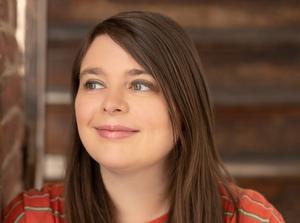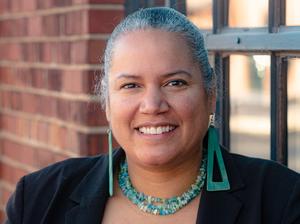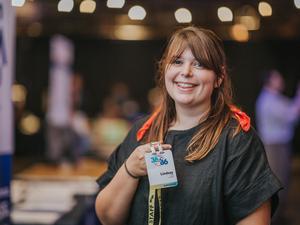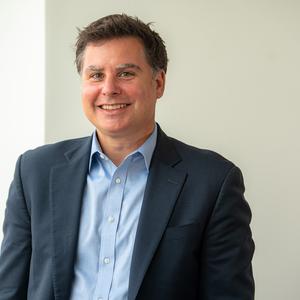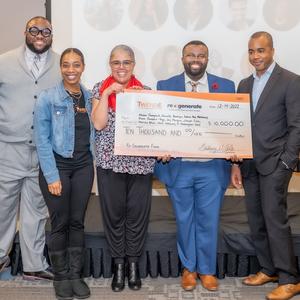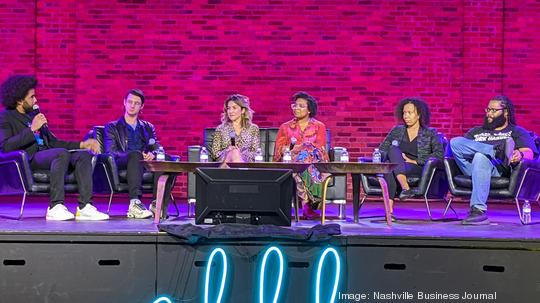
The title of the discussion said it all. "Fundraising through the storm: the VC perspective."
Has it ever been a storm, with inflation and supply chain issues and the still-relevant pandemic and a topsy-turvy job market and an economy riddled with seemingly contradictory data and information. The startup scene also is coming down off the high of the last couple of record-setting years of venture capital activity — punctuated by the fact that investors valued more new companies at or above the $1 billion mark ("unicorn" status) in 2021 than the prior five years added together.
To help startup founders navigate what lies ahead, five venture capitalists from around the nation took the stage late-September at Launch Tennessee's annual 3686 entrepreneurship conference. They were: Ian Rountree, of Cantos; Samara Hernandez of Chingona Ventures; Sydney Thomas of Impressionism Capital; Aia Sarycheva of Bessemer Venture Partners; and McKeever Conwell of RareBreed Ventures.
Below are some excerpts from their panel discussion, edited for clarity and length.
You thought that was normal? "There's a temptation to think about this period as 'hunker down and get through it.' In fact, it's a return to normal, because the last two years have been extremely unusual," Sarycheva said. "You might need to lower your growth expectations, but there is a pathway to survival. A lot of the challenge right now is trying to distinguish what's being caused by the markets or certain customers pulling back, and what's being caused by your operations."
"We're getting back to more realistic valuations," Hernandez said. "There are a lot of opportunities that I'm excited about. It's nice to do due diligence again with founders. They're not closing [a round] in 30 minutes."
Money matters: "Not all revenue is good revenue," Sarycheva said. "You need to understand what revenue is good, and what revenue you potentially should move away from. Don't use the capital you have trying to show high growth from customers who are likely to churn."
About those customers: "The days of raising capital and blowing it all on Facebook and Google ads, trying to buy customers — it ain't going to work," Conwell said. "You've got to figure out who your customers are, how they use your product. There are a lot of other ways to get customers that don't cost as much money." Conwell cited one company that pared back its advertising spending from $1.8 million to $300,000. "Their growth slowed down a bit, but their profit went way up. Now they look like a more attractive company … a healthier company that will have a chance to get through this," he said.
Poke and prod: "You’ll probably see the return of more investor-friendly terms," Rountree said. But that doesn't mean founders should be deferential. "Who your investors are, and how many reserves they have, makes a difference," he said. "Definitely ask your prospective investors what their reserve strategy is, because that really, really matters in a market like this."
Basics aren't basic. "The core fundamentals have not changed," Sarycheva said. "Make sure you're not trying to make your company fit the financing. Find the financing that fits your company."
Added Rountree: "There are investors out there. It's always achievable. A lot of us with capital are saying, 'This is a great time to be investing.' "
Remember where you're from: "There's a certain amount of 'fundraising through the storm' that you've probably already lived through, for a really long time," Thomas told the audience. "Some of this context is very Bay Area-centric. And it's often not applicable to what fundraising looks like in places that generally have less access to capital."
Sustain the inspiration. "Your job is a big part of your life, and also it's not the only thing that's part of your life," Thomas added. "I feel so, so grateful to have this as my job. My uncle pushes carts at Walmart. My grandma birthed 12 children. The lives that happened, that enabled this life to happen — I think about that and reflect on that."


